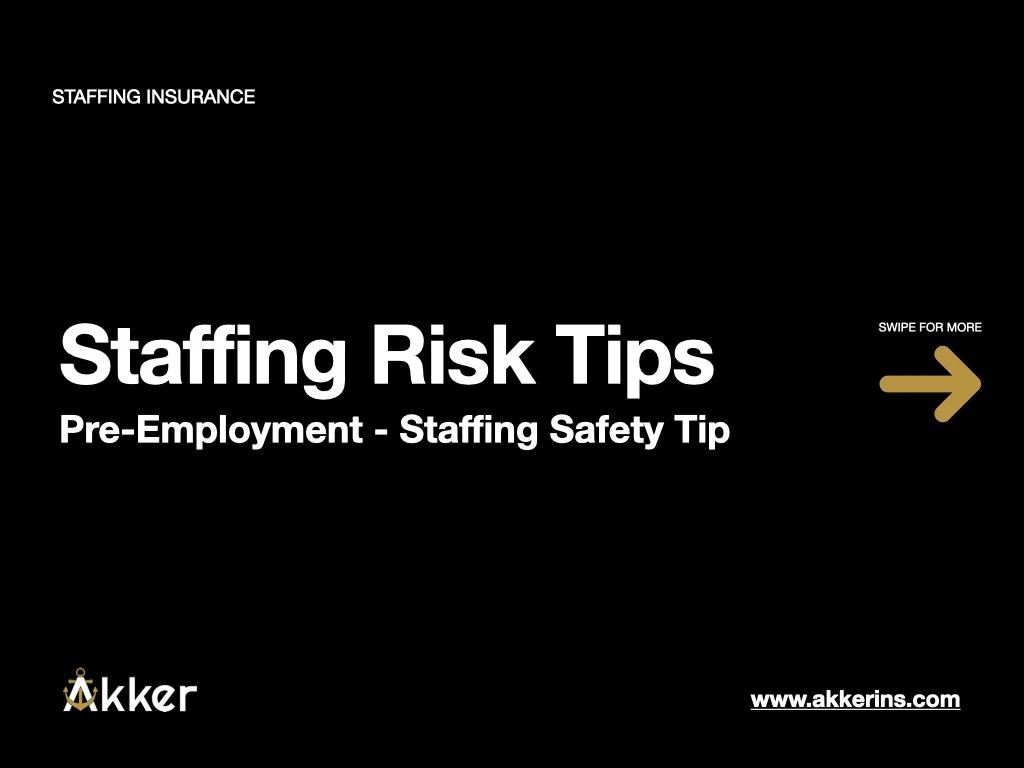Work Comp CLAIM
How Workers' Compensation Carriers Determine Treatment Costs and Settlements?
Workers' compensation insurance provides essential coverage for employees who suffer work-related injuries or illnesses. When an employee files a workers' compensation claim, one of the critical aspects is determining the cost of treatment and potential settlements. However, this process can often seem intricate and mysterious. In this blog, we'll shed light on how workers' compensation carriers calculate treatment costs and settlements based on the type of claim.
Assessing the Severity of the Injury:
The first step in determining the cost of treatment and potential settlements is assessing the severity of the injury or illness. Workers' compensation carriers rely on medical reports and evaluations from healthcare professionals to understand the extent of the harm and the necessary treatment. The more severe the injury, the higher the cost of treatment and potential compensation.
Medical Treatment Costs:
Once the severity of the injury is established, the workers' compensation carrier evaluates the medical treatment costs. This includes hospitalization, surgeries, medications, physical therapy, and any other medical expenses directly related to the injury or illness. The carrier may have established fee schedules or reimbursement rates for specific medical procedures to ensure reasonable costs.
Lost Wages and Disability Benefits:
In addition to medical treatment costs, workers' compensation carriers consider the impact of the injury on the employee's ability to work. If the injury results in a temporary or permanent disability that prevents the employee from working or reduces their earning capacity, the carrier will factor in lost wages and disability benefits. The level of disability and its effect on the employee's ability to earn will influence the amount of compensation provided.
Type of Workers' Compensation Claim:
Different types of workers' compensation claims can have varying implications for treatment costs and settlements. Here are some common types:
a. Medical-Only Claims: These claims involve minor injuries that require limited medical treatment, such as minor cuts or bruises. The cost of treatment is generally lower, and the employee may not receive a settlement beyond medical expenses.
b. Temporary Total Disability Claims: These claims arise when an employee's injuries temporarily prevent them from working. The carrier covers medical expenses and provides wage replacement benefits until the employee can return to work.
c. Permanent Total Disability Claims: In cases of severe and permanent injuries that leave the employee unable to work, the carrier will provide long-term disability benefits and cover ongoing medical expenses.
d. Permanent Partial Disability Claims: These claims involve injuries that result in permanent impairment but do not render the employee totally disabled. The settlement amount is based on the extent of impairment and its effect on future earning capacity.
Negotiations and Legal Factors:
In some instances, the injured employee and the workers' compensation carrier may not agree on the settlement amount or the extent of the injury's impact on earning capacity. This can lead to negotiations or even legal proceedings to resolve the matter. In such cases, a judge or an arbitrator may be involved in determining the final settlement amount.
Determining the cost of treatment and settlements in workers' compensation insurance claims is a complex process that involves evaluating the severity of the injury, medical treatment costs, lost wages, and the type of claim filed. Workers' compensation carriers strive to provide fair compensation that covers the injured employee's medical expenses and lost income while ensuring the sustainability of the insurance system. Through transparency and a thorough understanding of the process, employees and employers alike can navigate the workers' compensation system with greater confidence.





